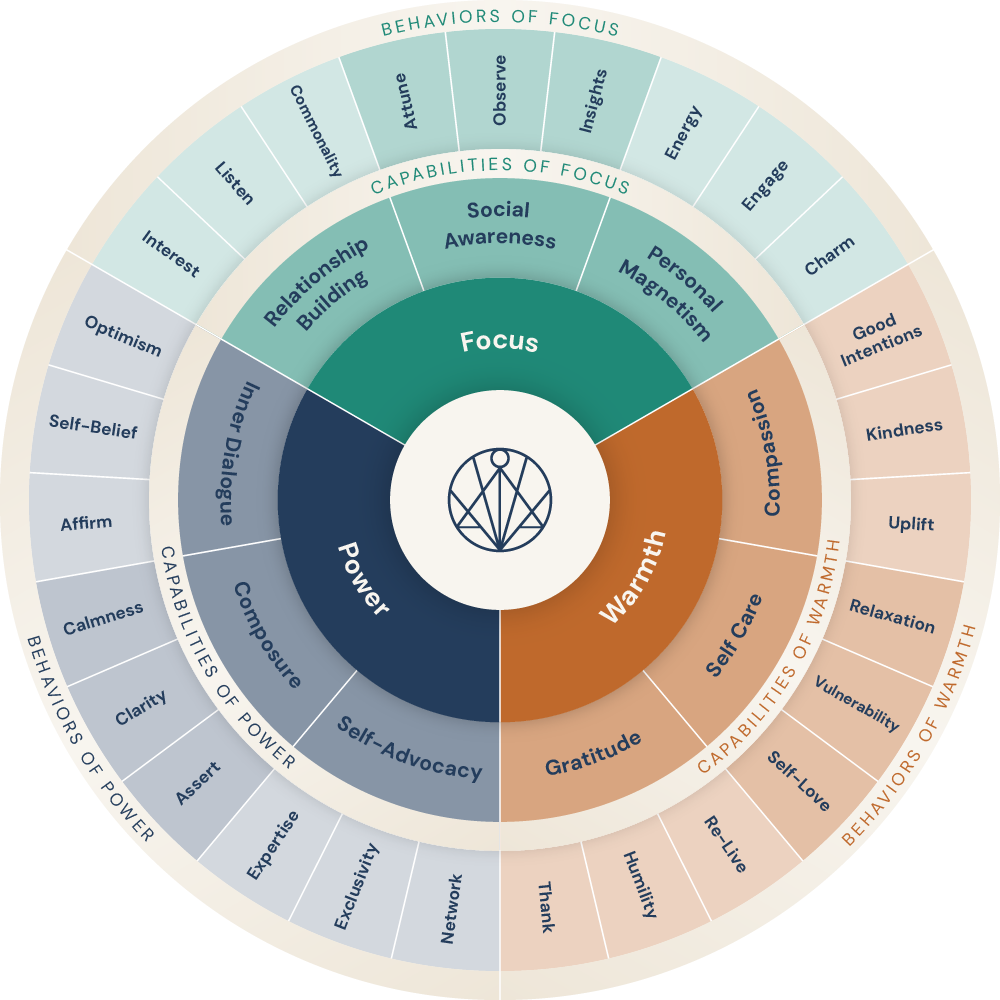The Hiring Manager's Guide to Writing Executive Presence Requirements
Why asking for 'executive presence' confuses candidates and wastes time, and what to write instead.
Every day, hiring managers post job descriptions asking for "executive presence," "poise," and "gravitas." These vague terms mean something different to everyone. The cost of this confusion? Qualified candidates self-select out, and recruiters waste time on mismatched applicants.
Consider these unclear requirements from three senior roles at top global organizations, posted in 2025:
Deloitte, Senior Manager, Risk and Regulatory Technology: "Executive presence with confidence presenting to VP-level and C-suite leaders"
Microsoft, Director, Business Planning: "Storytelling skills, executive presence, and ability to influence at all levels"
JPMorgan Chase, Executive Director, Compliance: "Executive presence, comfortable interacting with, presenting to, and influencing senior leaders"
Candidates struggle to decode what these actually mean. Hiring managers often don't know how to assess whether candidates can demonstrate executive presence. The entire process becomes inefficient when everyone interprets "executive presence" differently.
As Science-Based Framework
We've studied executive presence for 20 years, analyzing leadership effectiveness across industries to identify the specific behaviors that drive stakeholder influence.
Our research revealed nine core leadership capabilities organized into three measurable leadership styles:
Focus: Building collaboration through likability
Warmth: Building loyalty through trust
Power: Inspiring decision-making through credibility
When you specify which executive presence behaviors matter most for the role, you attract candidates who can demonstrate those exact capabilities and create interview questions that actually assess them.
Focus Capabilities: When the role requires engaging in collaborative opportunities
Instead of: "Strong executive presence and relationship building capabilities."
Write:
"Demonstrate genuine curiosity about client priorities and discover commonalities for partnership opportunities"
"Notice verbal and non-verbal cues to adapt communication style and build rapport quickly"
"Ask thoughtful questions that make stakeholders feel heard and understood"
Interview Assessment:
Program Officer: "Describe a time when a grantee requested funding but you sensed there were deeper organizational challenges they weren't sharing. How did you uncover their real needs?"
Sales Manager: "Tell me about establishing a relationship with a new client who was initially resistant or skeptical. What did you do to find common ground?"
Senior VP: "Share an example of when you had to present to the board about a topic they weren't familiar with. How did you adapt your communication to ensure they could make an informed decision?"
Warmth Capabilities: When the role requires earning trust and psychological safety
Instead of: "Emotional intelligence and ability to influence stakeholders at all levels."
Write:
"Express genuine gratitude for team contributions and individual strengths"
"Create environments where people feel safe sharing concerns and innovative ideas"
"Approach conflicts assuming good intent and seek solutions that benefit everyone"
Interview Assessment:
Program Officer: "Tell me about a time when a grantee was going through a difficult period or major transition. How did you support them while maintaining appropriate boundaries?"
Sales Manager: "Describe a situation where you had to maintain a client relationship through a challenging period where they were unhappy with your company's service. How did you rebuild trust?"
Senior VP: "Share an example of leading your team through a significant organizational change. How did you create psychological safety for people to express concerns while maintaining forward momentum?"
Power Capabilities: When the role requires credibility and confidence to inspire decision-making
Instead of: "Executive presence and leadership gravitas required."
Write:
"Maintain solutions-oriented thinking when presenting to skeptical senior leadership"
"Speak with conviction while remaining open to different perspectives"
"Communicate unique value proposition and differentiating expertise clearly"
Interview Assessment:
Program Officer: "Describe a situation where you had to make a difficult funding decision that disappointed a long-term grantee. How did you communicate your rationale while maintaining the relationship?"
Sales Manager: "Tell me about a time when a client questioned your expertise or pushed back strongly on your recommendations. How did you respond?"
Senior VP: "Share an example of presenting a high-stakes proposal to the board where you faced skeptical questions or objections. How did you maintain your composure and conviction?"



